You can often hear the opinion that humans are not needed in outer space, because all the tasks can be effectively performed by robots, which is cheaper and safer. But such a view is too one-sided. Of course, automation has long and successfully replaced people in many areas of space exploration. At the same time, there are a number of tasks that cannot be performed without the participation of people. And today we will talk about them.
Repairing devices on orbit
In recent years, the orbital maintenance industry has taken a big step forward. Yes, right before our eyes, space tugs, refueling services and disposal of old satellites became a reality. All of them have in common that they do not need the presence of a human.
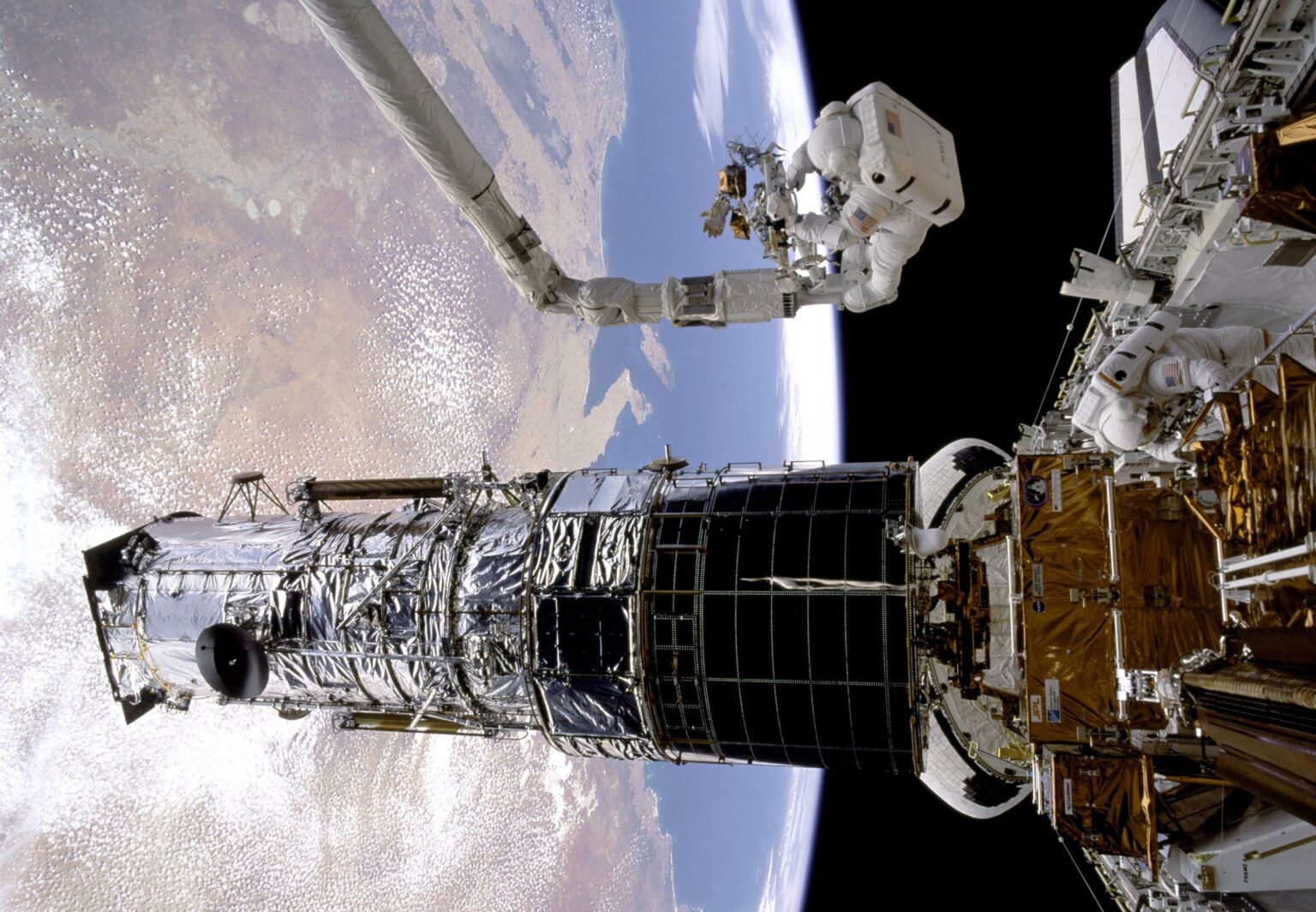
However, if we talk about more complex repair procedures on orbit, they, as before, cannot be performed without the participation of people. One can mention the Hubble orbital observatory. Thanks to several repair missions, it is still operating and continuing to explore the wonders of the universe. The new Chinese telescope, which will be launched into space in a few years, is also designed for periodic maintenance by taikonauts.
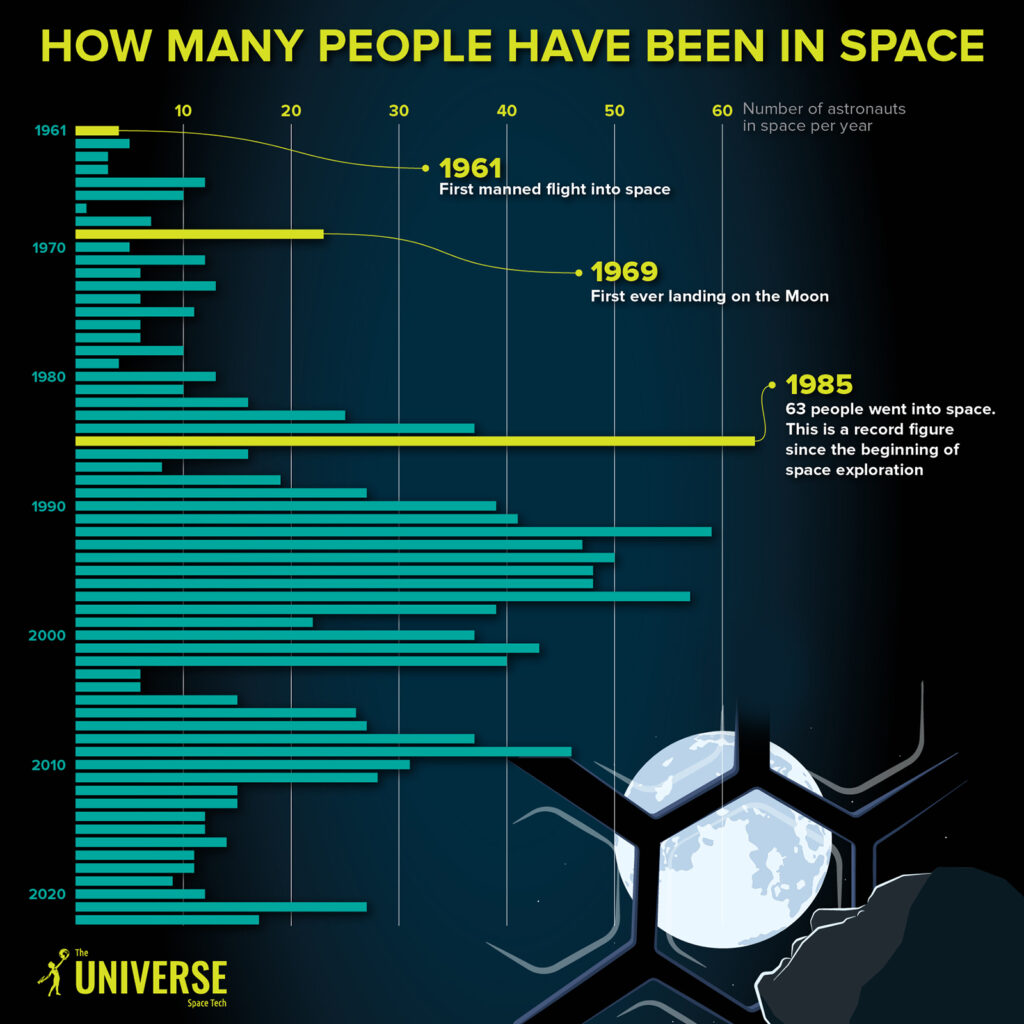
The same applies to periodic repair operations on the ISS, as well as the construction and maintenance of subsequent orbital stations and settlements. There may be a lot of automation, but truly complex and responsible procedures will remain an exclusively human prerogative for a long time.
Scientific experiments
Another important task of people in space is conducting scientific experiments. Yes, not all of them require the presence of a human. However, due to the complexity, a number of scientific studies carried out on the ISS are impossible without the presence of qualified researchers who will monitor them and be able to analyze the results and, if necessary, independently make the necessary corrections.
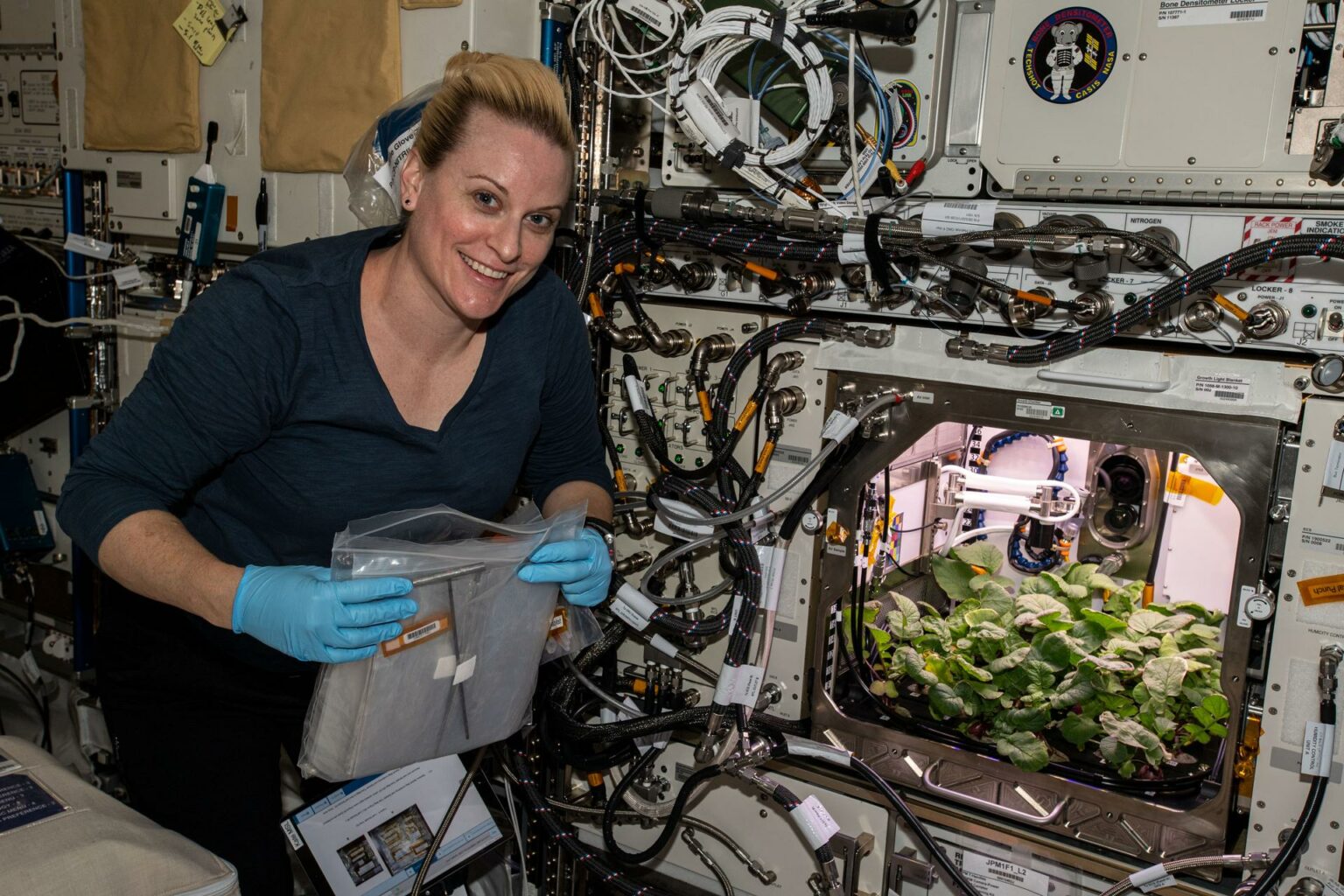
In addition, the presence of people in space is a grand experiment in itself. Doctors carefully study how the human body is affected by weightlessness, increased radiation and other factors of space flight. These data are vital for the organization of manned missions into deep space and the construction of permanent space settlements.
The search for life on other planets
The search for an answer to the question if life has ever existed on other bodies of the Solar System is a real “Holy Grail” of modern science. This is the key task of most missions currently exploring the Red Planet.
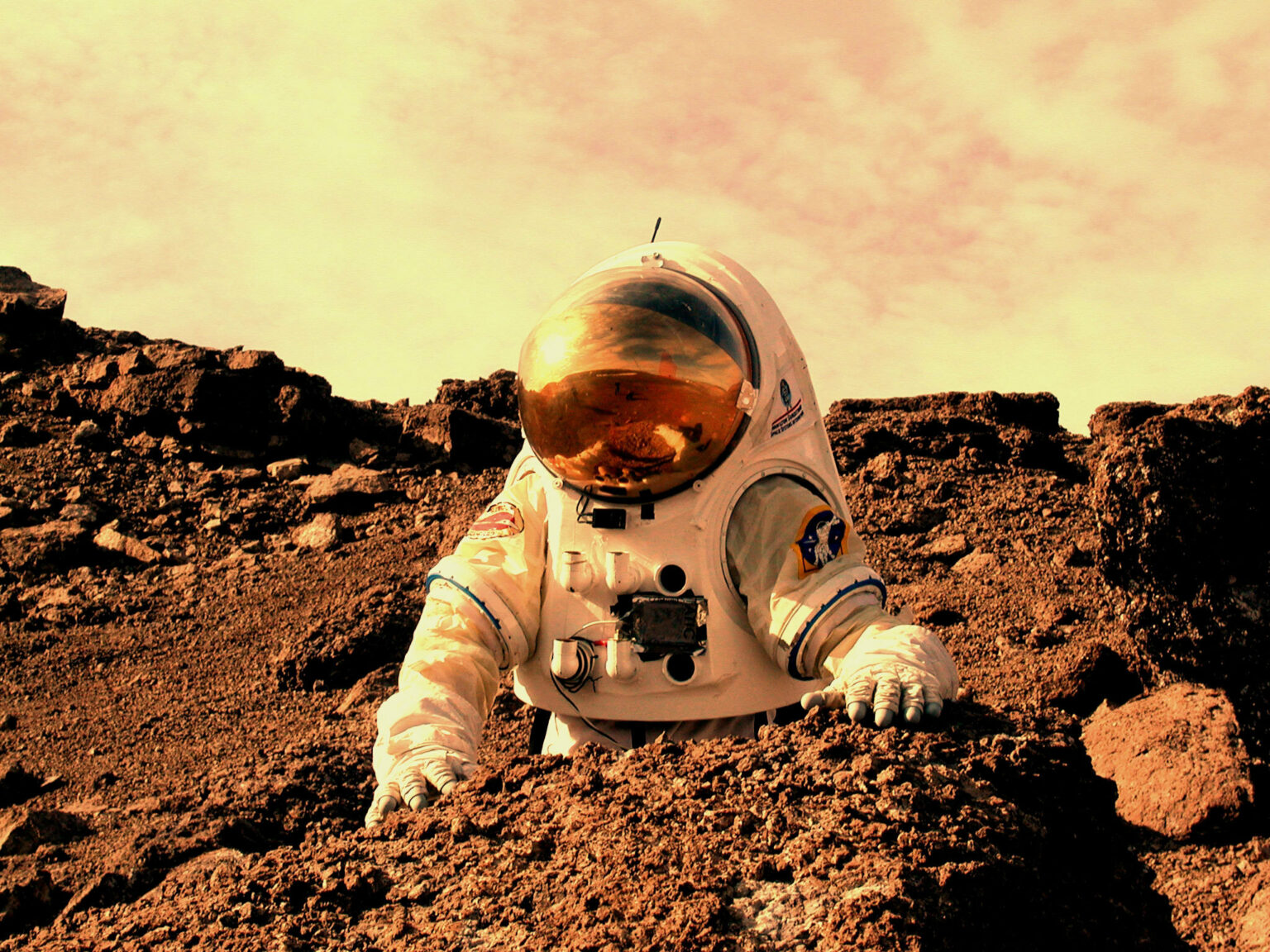
But, everything is not so simple. Despite the fact that rovers like Perseverance are true works of engineering art, their ability to search for traces of life is quite limited. And even after the samples collected by it will be delivered to Earth by a special mission, it is far from a fact that their analysis will allow us to get any unequivocal answer. After all, we are talking about samples collected from only one area of the surface of the Red Planet.
And this is where the human factor comes into play. After all, no matter how trivial it sounds, a professional geologist with a hammer can collect much more interesting samples in a day than Perseverance can during the entire time of its multi-year mission. So, most likely, we will get the final answer to the question of life on Mars only when researchers with the appropriate equipment land on the surface of the planet.
Building a spare home
People in space are needed not only for organizing experiments and searching for extraterrestrial life. They are also needed to create a spare home. Of course, we will never have a planet like Earth. And humanity must do everything in its power to preserve it. But, unfortunately, so far many representatives of our species do not show such a desire. And even if we put aside people’s drive to self-destruction, there are other factors that threaten our planet (asteroids, comets, supervolcano eruptions, etc.).
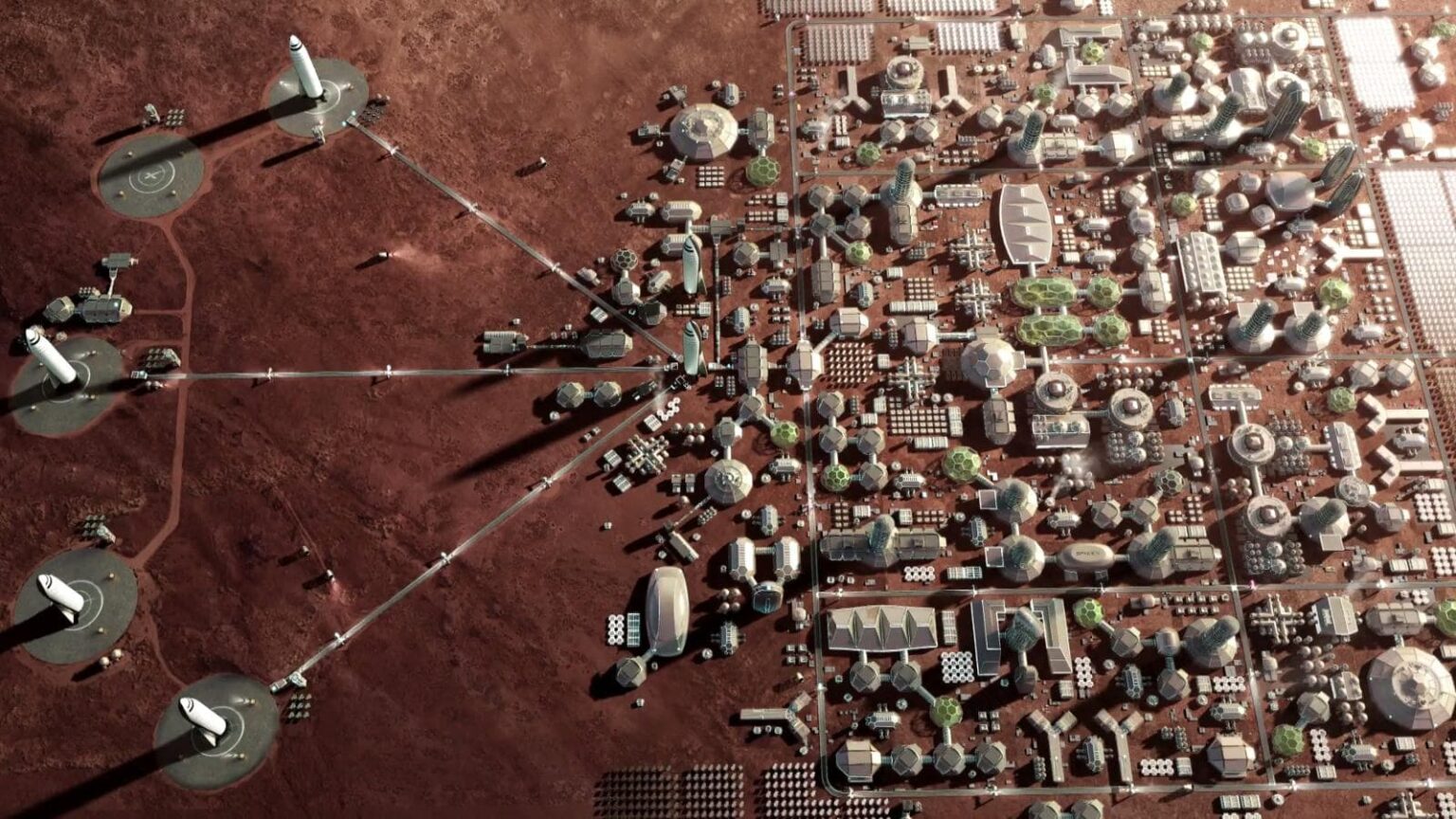
If humanity does not want to disappear, it must have a backup plan. It can be the creation of a self-sufficient settlement on the Moon or on Mars. In case of any disaster, it will act as a lifeboat that will allow Homo Sapiens to survive and start rebuilding our planet in the future.
If we talk about a more distant perspective, then we should remember the centuries-old dream of mankind to conquer the stars. We know that most stars have planets. And among them there will certainly be worlds with conditions suitable for the creation of extraterrestrial colonies. We just need to find a way to get there.
A source of inspiration
And finally, we should not ignore another important reason why humans need to go to outer space. We mean inspiration. Gagarin’s flight and Neil Armstrong’s small step became events of a planetary scale that, without exaggeration, inspired an entire generation. Moreover, it is not only about those who dreamed of becoming an astronaut, but also about larger category of people who are generally interested in science, space and rocketry.
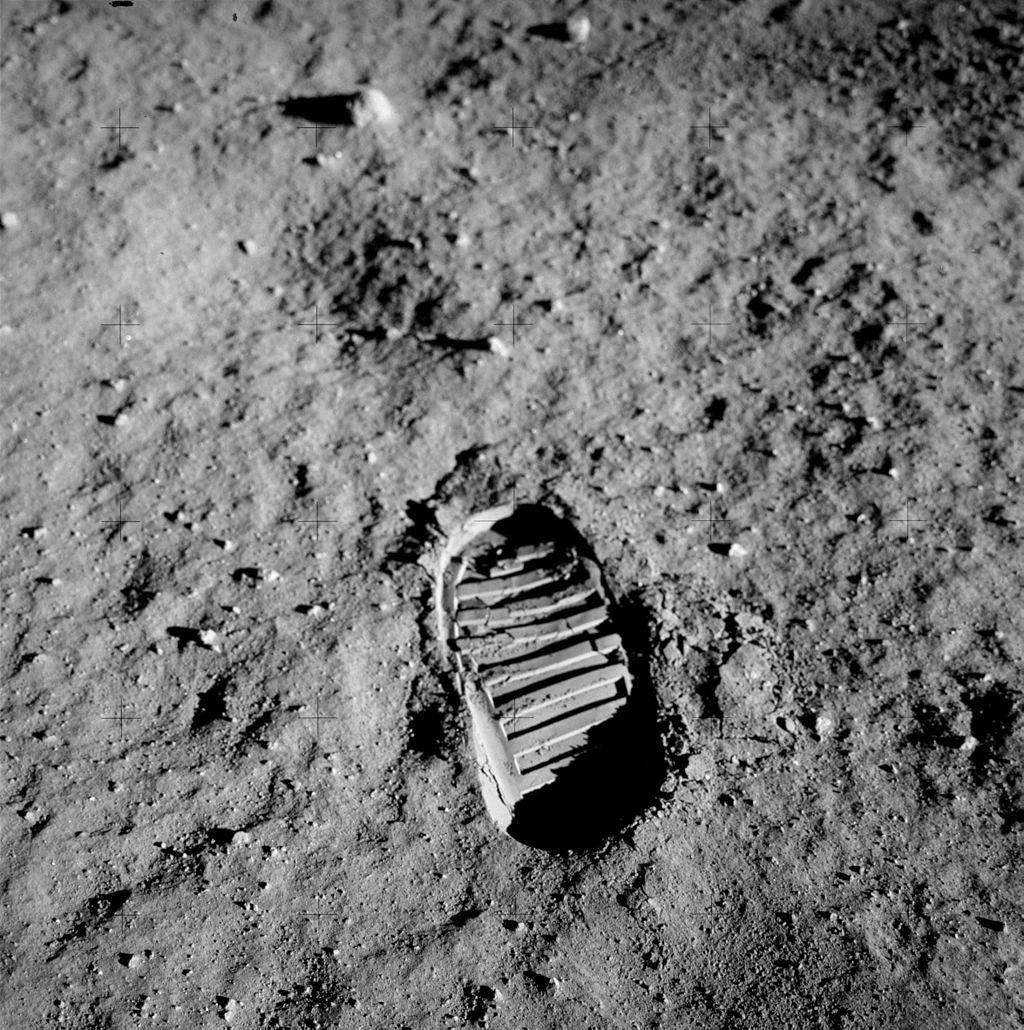
Unfortunately, over the last half century there have been no events in space comparable in scale and symbolism to the Apollo 11 flight. But such events are surely awaiting us in the future — both in the form of the return of people to the same Moon, and the first step of man on Mars. And there is no doubt that they will become inspiration for a new generation of researchers who will decide to connect their lives with space.

